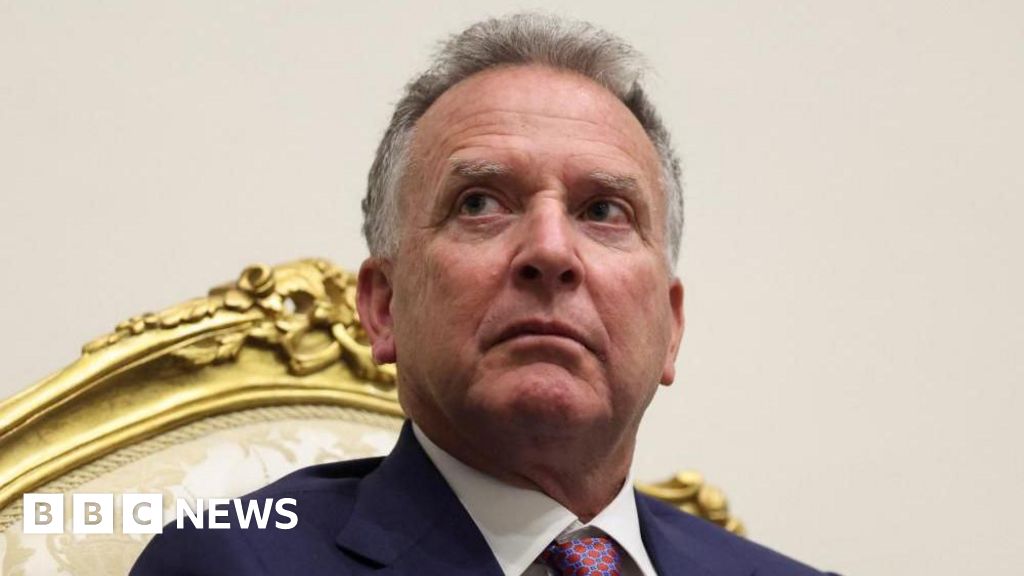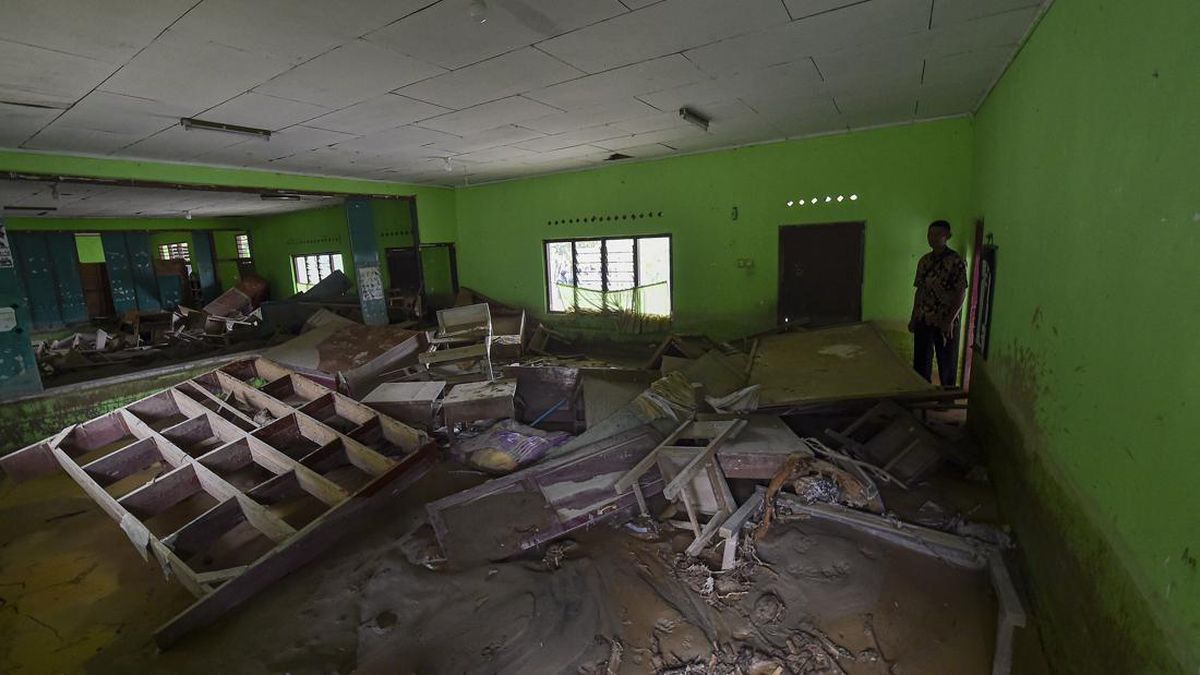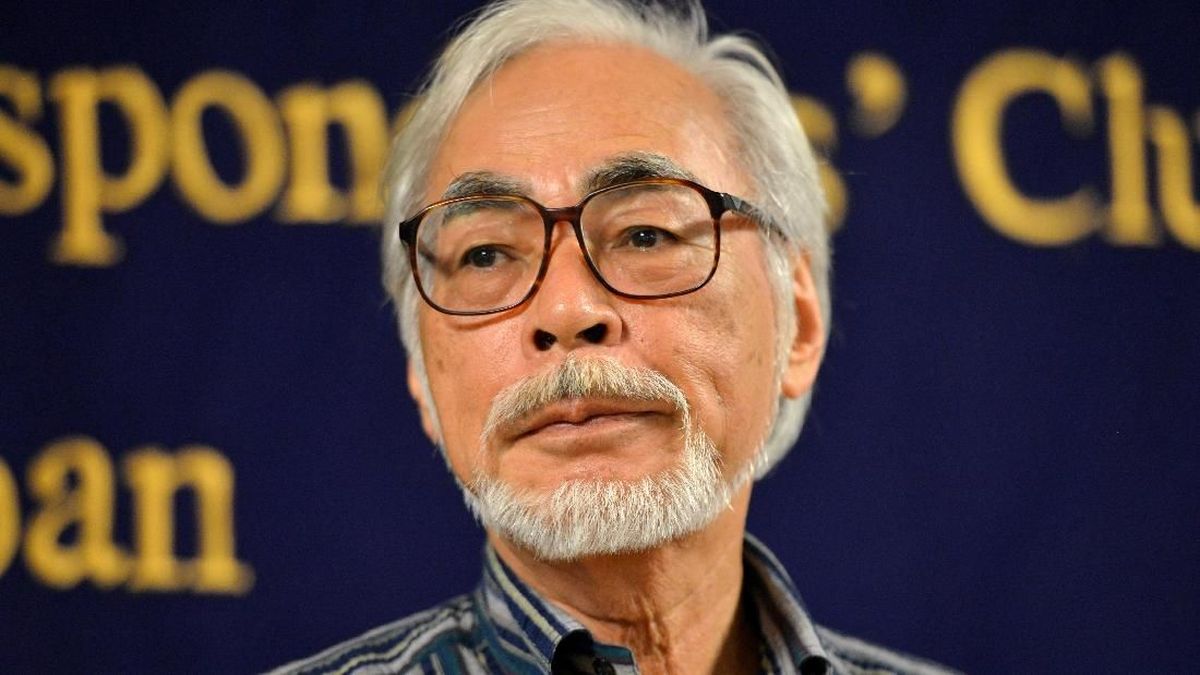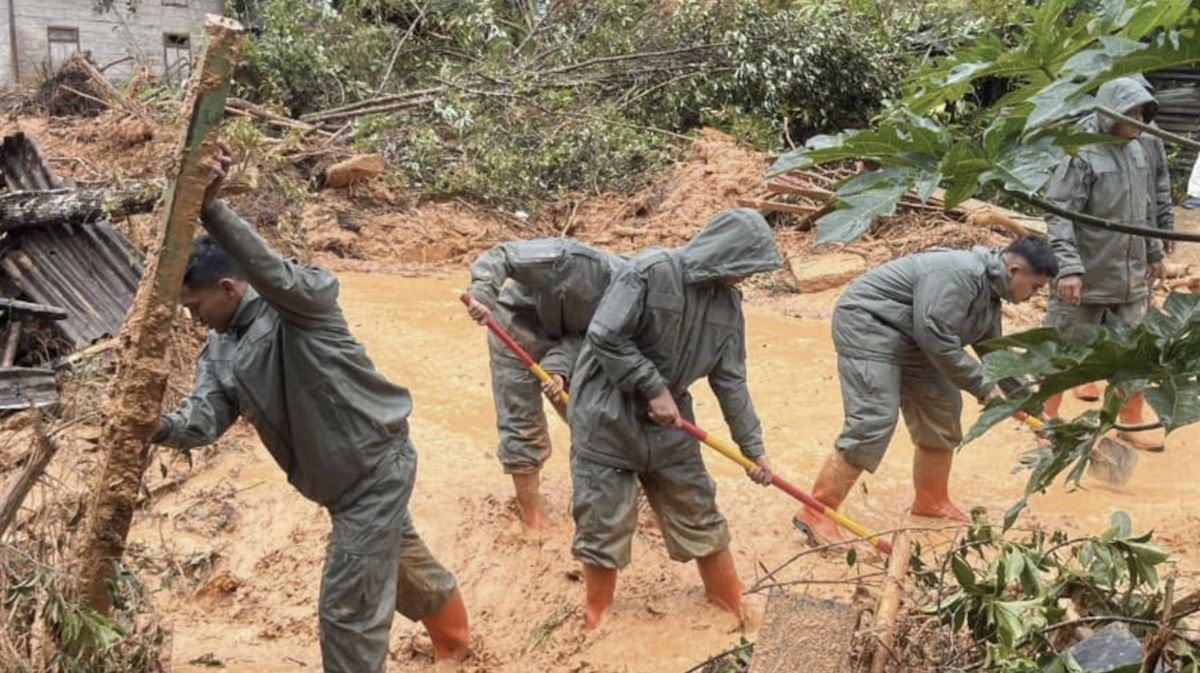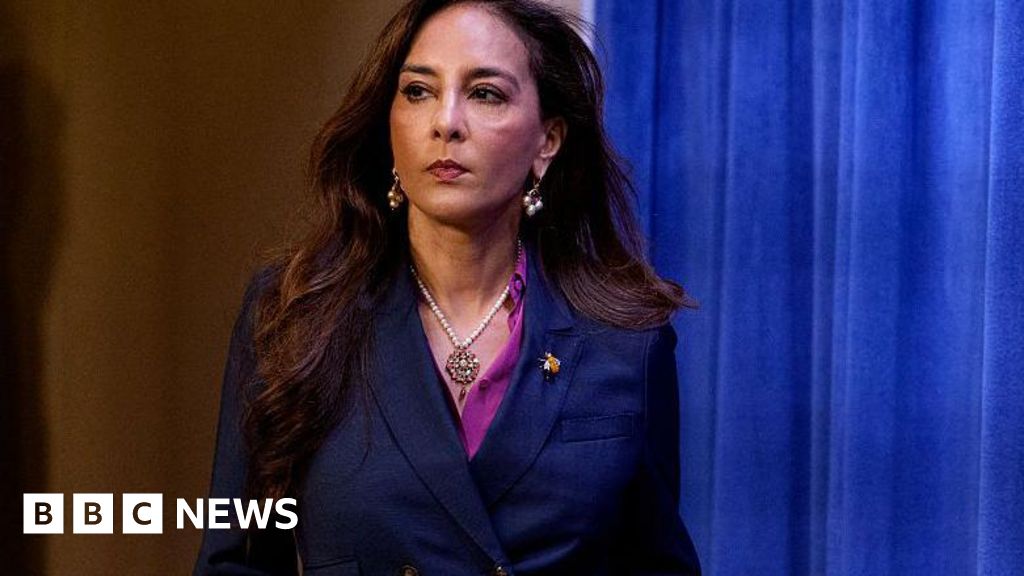The Queensland government has quietly appointed a series of people with LNP connections to state boards without public announcements in the year since it took office, including at least 10 party figures whose appointments have not yet been reported.
David Crisafulli’s first-term LNP government has been criticised for handing out “jobs for mates” – board roles for former politicians, candidates and those with other connections to the party – although the premier himself has insisted all new appointees had “the right skill set”.
Many have been revealed by ministers in Friday afternoon statements emailed to media. But an investigation by this masthead has found two-thirds of changes to the state’s 320 boards were not.
One third of all boards were updated, either to extend the terms of existing appointees or introduce new members, and several former politicians found a new seat at the table. Those include former state MP Mark Robinson, former senator Joanna Lindgren, former state Liberal leader Denver Beanland and Newman-era cabinet minister Ian Walker.
The lack of transparency has prompted concern from ex-board members and a previous conservative premier, amid calls to reform the processes wielded by both major parties in power.
The government’s current suite of boards, committees, councils, tribunals and other non-departmental bodies runs to a total of 320 – with 3120 members. Some are paid roles, others unpaid, and details are maintained on the Queensland Register of Appointees to Government Bodies.

(Clockwise from top left) Former state party figures Mark Robinson, Ian Walker, Denver Beanland, Lachlan Millar and Michael Hart, and former senator Joanna Lindgren, are now serving on government-appointed boards.
Under the Cabinet Handbook, ministers must raise all proposed appointments with the premier in detail. Any deemed “significant”, such as paid roles, also require cabinet consideration.
While the register is not fully updated, this masthead’s analysis of its data, combined with ministerial media statements and board websites, found 115 bodies have had membership changes since the 2024 state election.
Labor, now in opposition, has been vocal about the parachuting of LNP “mates” to such bodies and other roles within the public service – with their running tally of such people at 52. This masthead’s analysis focused only on former politicians, candidates and members of the party’s executive who had been handed board gigs rather than jobs in the public sector.
A total of 20 people with such backgrounds feature, appointed to 25 positions. Thirteen of these were not named in a formal ministerial announcement, with 10 previously unreported.
The list of appointees also includes more than a dozen other donors, former staffers, and colleagues or relatives who have been publicly or privately criticised by the opposition.
This masthead also found other previously unreported names among this cohort, such as former federal Coalition staffers James Lambie and Kate Chapple, both appointed to the Queensland Civil and Administrative Tribunal after stints on the federal Administrative Appeals Tribunal.
The boards with new, unannounced LNP-linked appointments are based across Queensland, and include arts bodies, water and energy boards, and medical tribunals. All are paid.
This masthead does not suggest any appointees are not qualified or suitable for their roles, only that their appointments were not announced by the government.
Who are the new faces on government boards?
Ian Walker, a former Newman government minister, has been made chair of the Queensland Performing Arts Trust, which governs QPAC.
The $15,000 per-year role was previously held by academic, university administrator and Palaszczuk government-appointed culture and accountability review author Peter Coaldrake.
On the Queensland Museum Board, the self-described Christian conservative and former state member for the bayside seat of Oodgeroo, Robinson, is now a director paid $7000 per year.
The Public Records Review Committee, which advises the minister and state archivist and can review decisions not to dispose records, had four LNP figures appointed.
These included former senator for Queensland Joanna Lindgren and former state Liberal Party leader and Borbidge government attorney-general Denver Beanland.
Ipswich Mayor Teresa Harding, an LNP member and former federal candidate for Blair, was also appointed to the body, along with solicitor and former Griffith candidate Olivia Roberts.
Lindgren has also been appointed to the archives’ new First Nations Advisory Group. Both are paid bodies, but little public detail exists about their rates.
Bill Glasson, an ophthalmologist and another former Griffith candidate, has been reappointed to both the Composite Medical and Ophthalmology assessment tribunals.
Over at Queensland Theatre, repeat Brisbane City Council candidate Melina Morgan has been made a director with a $3000 fee – replacing former Labor staffer Michael Dart.
Yvonne Tunney, who ran against Robbie Katter for the LNP in his seat of Traeger at the 2024 state election, has been placed on the Queensland Great Artesian Basin Advisory Council.
Shane Goodwin, the last president of the pre-merger state Young Liberal wing, was made a director of Gladstone Ports Corporation in February – netting $24,000 by July for the job.
His tenure came amid the departure of former directors including chair Adrian Noon, a former Beattie and Bligh Labor government staffer and public servant who replaced former Palaszczuk government minister Anthony Lynham last year.
Debate over transparency and merit
The government did not respond to questions about why only some board changes had been publicly announced, whether appointments discovered by this masthead were subject to merit assessments, and if there was openness to reform.
Instead, a spokeswoman said only that it had promised to deliver a fresh start by addressing Labor’s four crises in youth crime, health, housing and cost of living, and was “doing exactly that”.
In an earlier interview with this masthead to mark one year in office, Crisafulli defended the refresh of state boards – noting his government’s priorities differed from Labor’s – and hinted there would be more high-profile appointments to come from “both sides of politics”.
“The only thing I ask is that the people are suitably qualified,” he said, adding that he believed all of his government’s appointments were – including former Labor MPs Curtis Pitt and Scott Stewart.
Loading
“It is important that we refocus the bodies and the boards in this state – I’ve made no secret of the fact that a lot of them haven’t run the way they should, which is why we’ve seen things get away on us, things like electricity.”
But critics have expressed concern about the scale and nature of changes, including Bronwyn Fredericks – a former state productivity commissioner whose tenure on the Public Records Review Committee was not renewed this year.
“It is difficult to see what processes or procedures are being followed for any current Queensland government appointments,” she told this masthead.
“In this, I worry about the blurring of transparency, and thus integrity and accountability of our politicians, and policymakers.”
Former LNP premier turned Libertarian party figure Campbell Newman, however, agreed governments had the right to “clean out” boards to help them deliver on their agenda.
“If I had a criticism, it would be whether these people are the right people to get reform and change that Queensland needs,” said Newman – who also came to power after a lengthy Labor rule.
“Some of the appointments I have seen, I would question whether they were the best people for the job. Clearly they have been very much putting in very clearly LNP people, which again has to be questioned.”
Griffith University public policy and law professor Dr AJ Brown, chair of anti-corruption organisation Transparency International Australia, said all sides of government need to “embrace structural reform” of appointment processes.
That would include publicly advertising positions with clear criteria, and independent verification of candidates’ merit.
“This kind of reform is in the interests not just of citizens, but of governments, and of nominees or potential appointees to positions, to help remove any doubt about the factors justifying their appointment,” Brown said in a statement.
With James Hall
Start the day with a summary of the day’s most important and interesting stories, analysis and insights. Sign up for our Morning Edition newsletter.
Most Viewed in Politics
Loading





